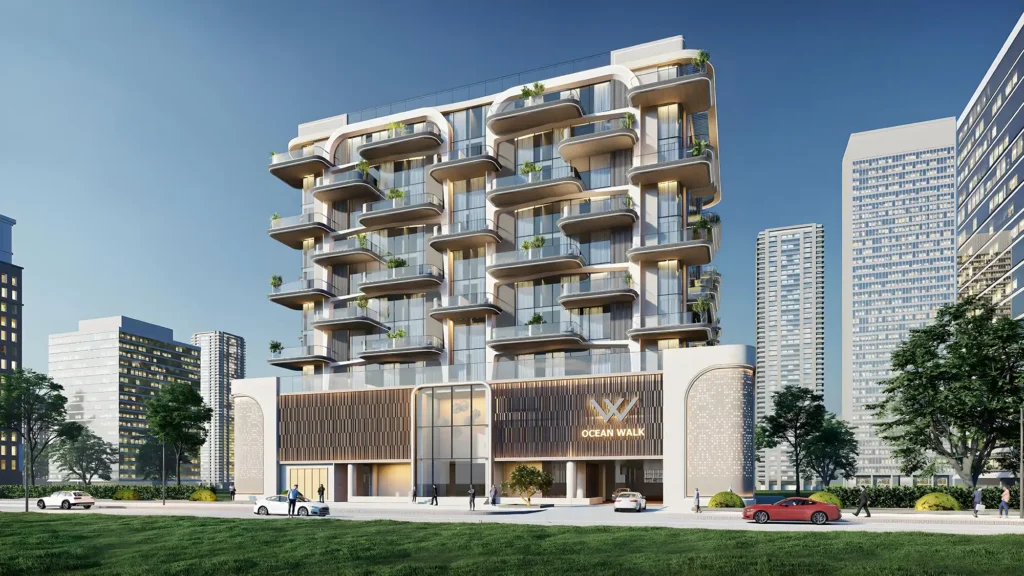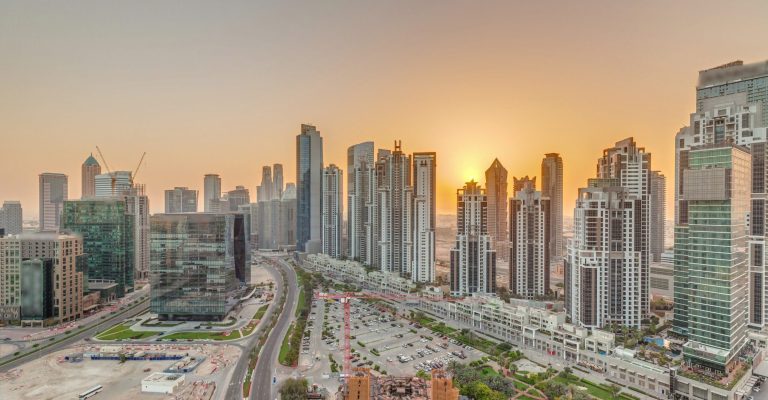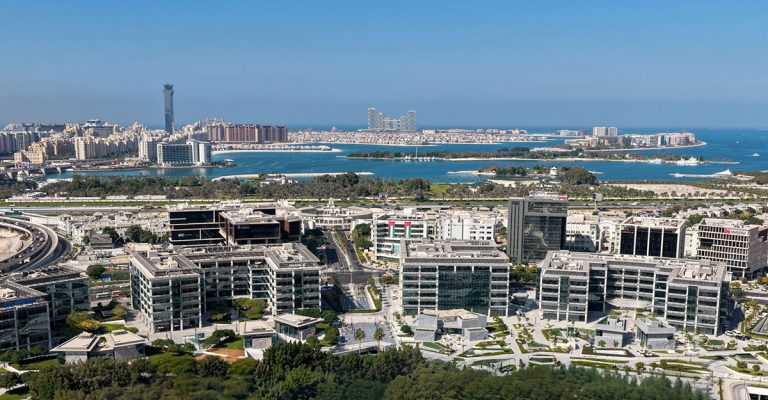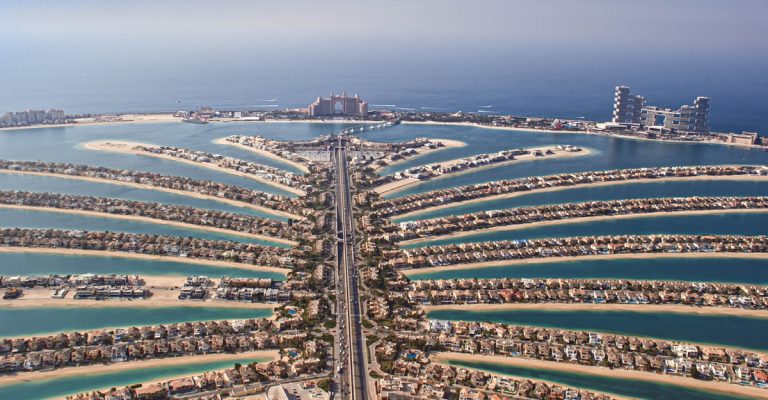
Tokenization & Fractional Ownership: The Future of Real Estate Investment in Dubai
Dubai, already a global benchmark for futuristic urban development, is now setting a new standard in property investment innovation through the rise of real estate tokenization and fractional ownership. As blockchain technology becomes more deeply integrated into financial systems worldwide, Dubai is leading the charge by applying it to one of its most valuable sectors: real estate.
This shift is making property investment not only more accessible to the average investor, but also more transparent, secure, and efficient. Here’s everything you need to know about this revolutionary trend in 2025—and why it’s poised to redefine property ownership forever.
⸻
📌 What Is Real Estate Tokenization?
Real estate tokenization is the process of converting ownership of a property into digital tokens that are stored on a blockchain. These tokens represent shares in the asset—meaning that instead of buying an entire apartment or villa, investors can now buy fractions of a property, just like buying shares of a company.
Each token can entitle the owner to a portion of rental income, capital appreciation, or usage rights—depending on the terms of the offering.
This makes real estate:
• More liquid (easier to buy/sell),
• More inclusive (lower entry cost),
• And more secure (blockchain is nearly tamper-proof).
⸻
🌐 Dubai’s Push Toward Tokenized Real Estate
In early 2025, the Dubai Land Department (DLD) launched the Prypco Mint Platform, a blockchain-backed initiative in collaboration with VARA (Virtual Assets Regulatory Authority) and Dubai Future Foundation. This platform is now offering tokenized title deeds on the XRP Ledger, a fast and low-fee blockchain infrastructure.
Key Features of Prypco’s Tokenized Properties:
• Minimum investment: AED 2,000 (approx. USD 545)
• Fully regulated: Operates under Dubai’s digital asset sandbox framework
• Digital title deeds: Recorded on blockchain and verified by DLD
• Real-time access: Investors can track ownership via mobile apps
⸻
🔥 Real Momentum: Key Stats and Successes
The numbers speak for themselves. Within just months of launch:
• A tokenized villa worth AED 1.75 million sold out in under 5 minutes on Prypco Mint.
• Over 224 investors from 44 countries participated in the first pilot sale—70% of whom were first-time property investors.
• Demand is surging particularly among young UAE residents and global retail investors, who were previously priced out of Dubai’s luxury property market.
Developers are also taking notice. DAMAC Properties, one of Dubai’s biggest names in real estate, signed a $1 billion agreement with blockchain platform MANTRA to tokenize major parts of their portfolio, including both residential and commercial assets.
⸻
💡 Why Is This a Game-Changer?
1. Lower Entry Barriers
With prices starting at just AED 2,000, tokenized real estate brings Dubai property within reach of young investors, expats, and global buyers who previously couldn’t afford a full property purchase.
2. Increased Liquidity
Unlike traditional real estate that may take months to sell, tokens can be traded on secondary marketplaces (subject to regulatory approval), giving investors more flexibility and faster exits.
3. Transparency & Trust
Blockchain ensures every transaction is recorded, timestamped, and immutable—reducing fraud and making disputes virtually nonexistent.
4. Global Reach
Foreign investors can participate without physically being in Dubai. This opens the market to tech-savvy millennials, crypto enthusiasts, and even institutional funds across Asia, Europe, and the Americas.
⸻
🏗️ Regulatory Framework: Dubai’s Vision
Dubai is not just experimenting—it is institutionalizing tokenization. The real estate sandbox is designed to test, refine, and scale tokenized models safely.
The city’s broader Dubai Blockchain Strategy aims to migrate 100% of government documents to blockchain by 2030, and tokenized real estate is a central pillar of this initiative.
By 2033, it’s projected that tokenized property investments could account for over 7% of all real estate transactions in Dubai—valued at $16 billion USD.
⸻
🧠 Risks to Consider
Like any emerging technology, tokenization comes with its challenges:
• Legal clarity: Not all jurisdictions recognize blockchain-based ownership yet.
• Market volatility: Secondary trading could lead to speculative bubbles.
• Platform security: Although blockchain is secure, smart contract flaws or centralized breaches are possible.
However, with strong regulation and careful rollout, Dubai appears well-positioned to mitigate these risks.
⸻
✅ Final Thoughts
Tokenization and fractional ownership are no longer futuristic concepts—they’re here, live, and growing rapidly in Dubai. For investors, this means an unprecedented chance to tap into the city’s booming real estate market with less capital, more flexibility, and full digital transparency.
Whether you’re a millennial investor, a crypto holder looking to diversify, or an overseas buyer seeking Dubai property exposure without the traditional overhead—this is your moment.
⸻
Want to learn how to get started with tokenized real estate in Dubai?
Get in touch and we’ll walk you through the platforms, properties, and legal steps—so you can invest smartly in one of the world’s most innovative real estate markets.


